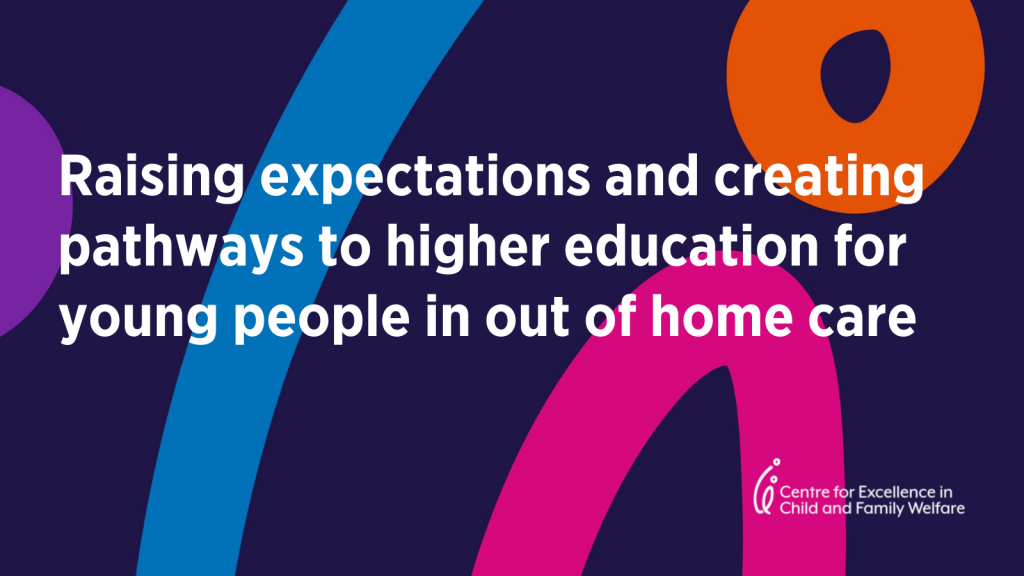- Educational outcomes for young people in and who have left out of home care remain low in Victoria
- Few care leavers go on to higher education after leaving school, compared to around 40% of the general population aged 25-35
- Ruby, a journalism student with a lived experience of out of home care, reflects on the importance of support on Care Day 2022
Educational expectations and outcomes for young people with an experience of out of home care, which includes foster or residential care, remain low in Victoria. Despite around 40% of the general population aged between 25-35 attending higher education at some point, few young people who have entered care at any point in their lives go on to do the same.
Ruby, a young journalism student with a lived experience of out of home care, understands what it means to be supported to achieve goals. Her first experience of out of home care was when she was six years old, moving between three different homes and residential care over the course of her childhood and young adulthood.
Ruby found the experience highly destabilising, which ultimately affected her studies, “I was in residential care while I was studying year 10, which made it difficult, particularly when I got moved to a different town and was asked to change school again. Due to bullying and the difficulty I had with schoolwork, I dropped out before completing year 10.
“Life in the out of home care environment was hard, and a lot of the time I felt like my carer’s job, rather than a person. The whole experience made it extremely difficult to go to school and complete my studies, but it was something I was determined to do.”
Ruby’s resolution to overcome personal challenges spurred her to successfully complete her senior year VCAL. It was then that she realised that she wanted to study journalism. She is now enrolled in a Diploma in Communications at Deakin University (Deakin College) starting in February.
Ruby was supported by Raising Expectations, a program designed to increase the participation of young people with out of home care experience in vocational and higher education: “When I was looking into applying for university, I was looking for any support I was eligible for and Raising Expectations was suggested. The support and guidance I’ve received has been amazing.”
“If it wasn’t for Raising Expectations, I would never have found out what options I had to becoming a journalist,” she said.
Raising Expectations provided Ruby with help finding possible scholarships she was eligible for, and connected her with different organisations working to make out of home care better for young people.
But Raising Expectations was just one support that Ruby had to help her pursue her dreams of higher education.
Ruby said: “I’ve had multiple people support me throughout the years in everything I’ve wanted to do. Some of these people were those who looked after me in residential care – they treated me like a person, and in many respects helped me become the young adult I am today.
“Young people need to feel like they matter. They need people in their lives who treat them like they are a person, rather than a job. From my experience, often when a young person breaks the rules or acts out, particularly those in care, it’s not because they want to be difficult but because they want to have some control in their life.”
Raising Expectations works to challenge low expectations placed on young people with an out of home experience, and to open doors to higher education and beyond for people like Ruby.






